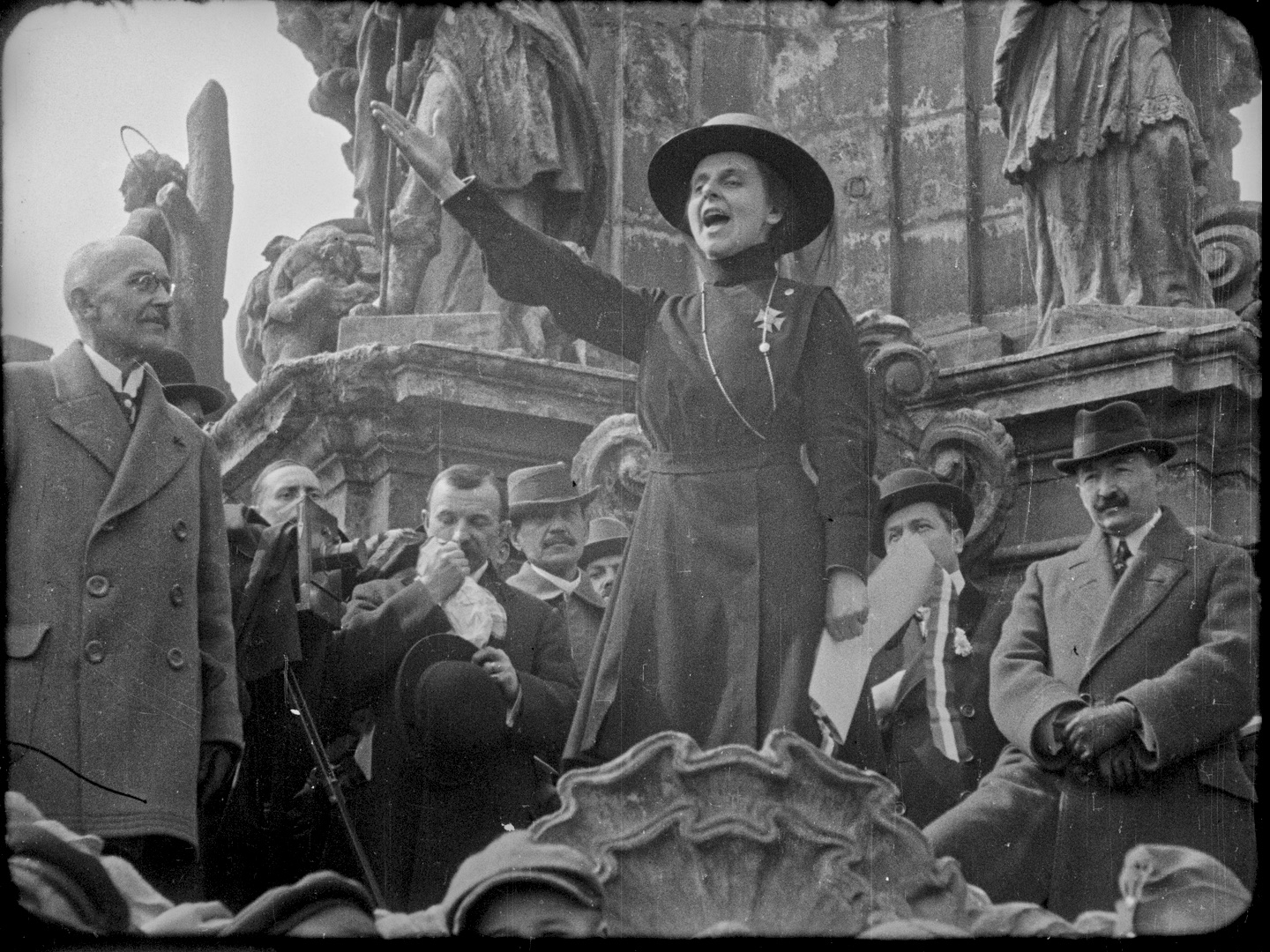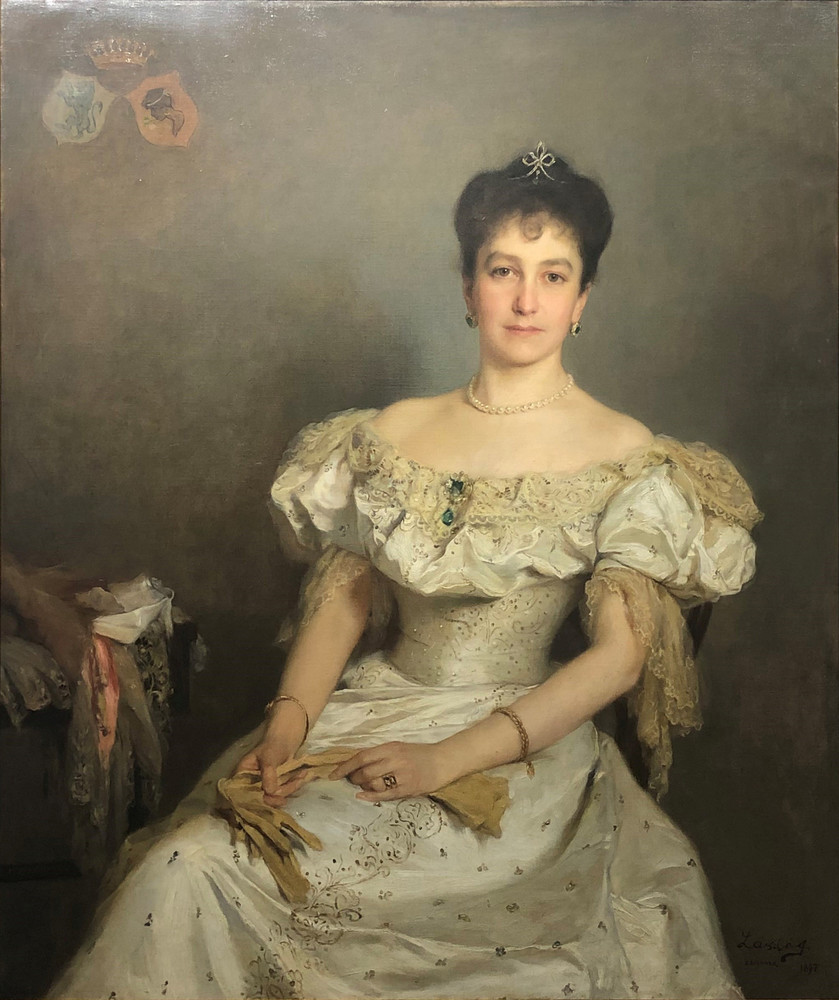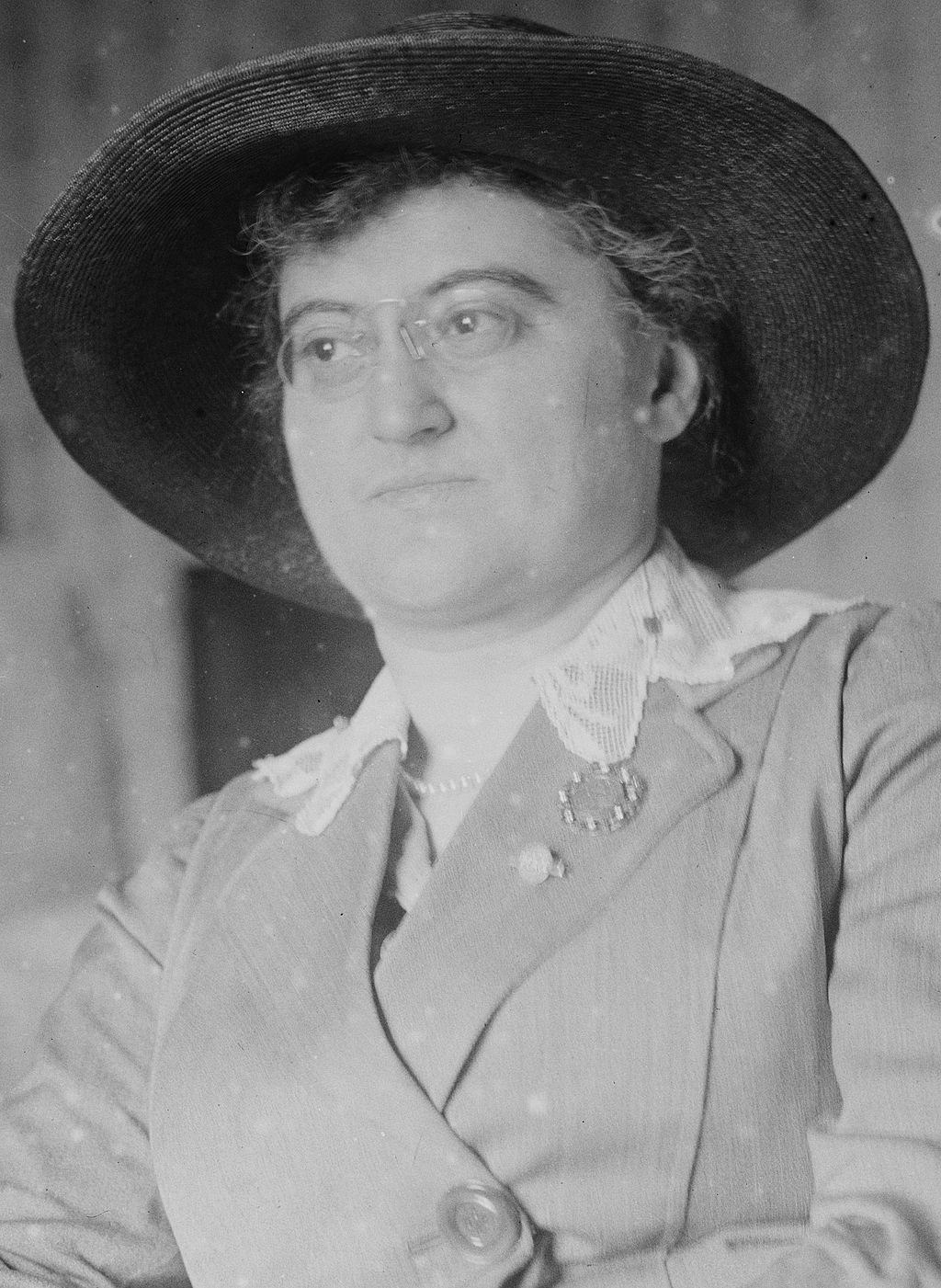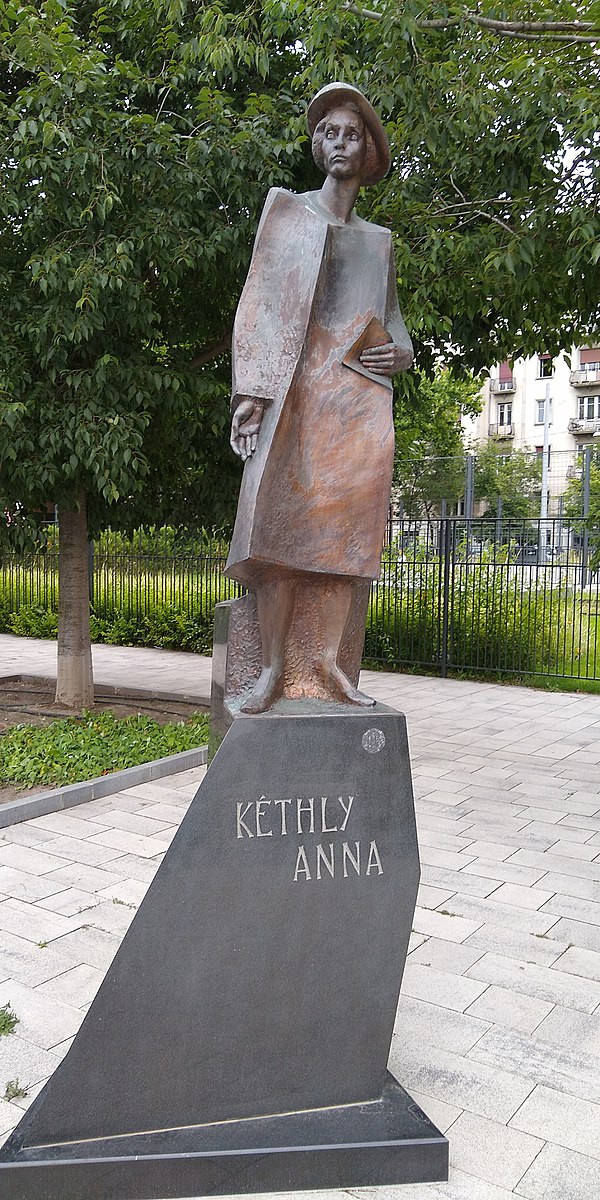
Margit Schlacta, the first woman to be elected to the Hungarian Parliament – Košice
Hungarian figure of the „The emancipation of women” topic
Margit Slachta (1884–1974) was a pioneer in Hungarian politics, becoming the first woman elected to the Hungarian Parliament in 1920. Born in Košice (Kassa), Slachta was an advocate for social reform, education, and women’s rights. Her life and career were deeply influenced by her Catholic faith, which directed her commitment to humanitarian work and social justice. As a key figure in the Hungarian women’s movement, Slachta played an essential role in advancing women’s emancipation in the early 20th century.
In 1920, Hungary granted limited suffrage to women, allowing them to vote and run for office. Slachta took this opportunity and became the first woman elected to the Hungarian Parliament as a representative of the Christian Socialist Party. Her election marked a significant milestone in Hungary’s history of women’s political participation, breaking barriers in a traditionally male-dominated political arena. In Parliament, Slachta championed issues like protecting women’s rights, enhancing social welfare systems, and supporting family policies. Her work aimed to create a fairer and more equitable society, especially for women and the underprivileged.
Slachta was also known for founding the Society of Social Sisters, a Catholic religious organization dedicated to social work and women’s education. Through this group, she promoted the idea that women’s education and active societal involvement were crucial for the nation’s progress. Her efforts were similar to other movements across Central Europe, where women began entering politics and public life. In Poland, women such as Zofia Moraczewska also entered political offices, advocating for gender equality and social reform, while in Czechoslovakia, figures like Františka Plamínková led the push for women’s suffrage and political engagement.
Margit Slachta’s influence on Hungarian politics and society went beyond her parliamentary work. During World War II, she became a strong advocate for protecting Jewish citizens, using her political influence and religious networks to save lives. Her bravery during the Holocaust earned her international recognition, and she was later honored as Righteous Among the Nations for her efforts to help Jews escape persecution during the war.
Facts





